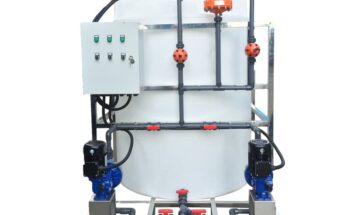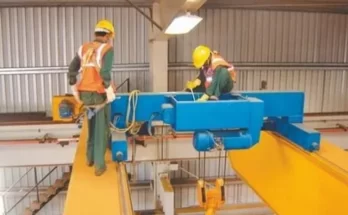As developing countries grow economically, water resources aren’t always ready to supply the demands of increasing populations. Old dumps and landfills may have contaminated groundwater, requiring surveys to discover to condition of water supplies before use. Exploring groundwater condition and discovering whether contamination has filtered from landfills into water supplies can require wells, sampling, and expensive testing. A less expensive method for detecting the presence of unwanted chemicals in groundwater is through resistivity surveys.
Scientists conducted experiments in an area of southern China with heavy annual rainfall to see if surface electrical surveys could detect the contamination already discovered in local village wells. Measurements were also taken in another area where well water was found to be uncontaminated. Obtaining an inexpensive geophysical instrument at AGI may be an alternative to expensive and time consuming groundwater surveys.
Measurements using the resistivity method did show contamination at the landfill site, including characteristics such as how deep the contamination went, and how substantial the presence of chemicals in the water was. Resistivity methods allowed researchers to identify areas where the water quality was not good enough to drink.
While the experiment results don’t indicate the specific risks which villagers face with contaminated water such as which compounds and toxins may be present, these measurements did provide a cost effective way of identifying where it was unsafe to dig wells, and where digging was likely to provide uncontaminated drinking water. In developing countries, this could be of considerable benefit to the public health.



